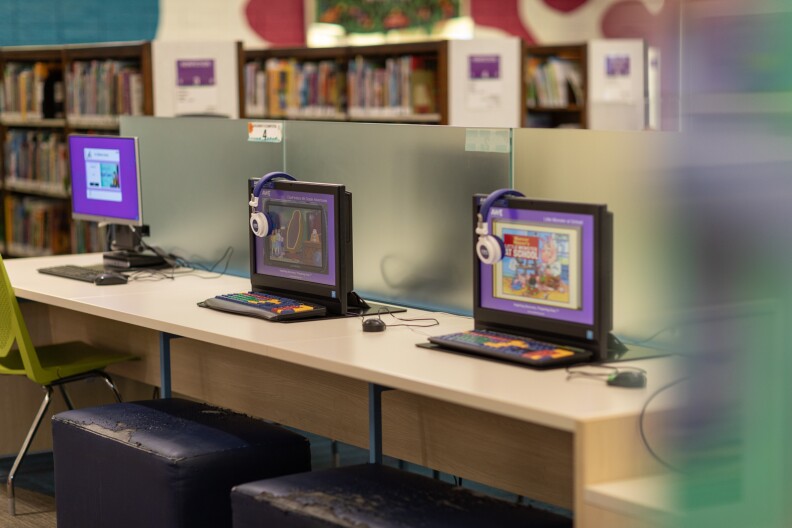A recent decision by the Federal Communications Commission (FCC) to terminate assistance aimed at expanding Wi-Fi access during the pandemic has compelled the Los Angeles County Library to cease its digital lending services. The FCC voted on October 3, 2023, to end E-Rate discounts for libraries and schools offering hotspot lending and school bus Wi-Fi, stating that the initiatives exceeded its authority.
The FCC’s ruling is having immediate consequences for local libraries. According to Karol Sarkisyan, marketing manager at the Los Angeles County Library, “Due to the FCC’s recent vote to end E-Rate support for library hotspot lending, L.A. County Library will begin winding down its digital lending services.” Continuing these services would cost the library approximately $40,500 per month, an expense that exceeds the library’s current budget capacity.
The library plans to utilize remaining funds from the American Rescue Plan to maintain laptop lending until January 2024 and hotspot lending until March 2026. Additionally, free Wi-Fi will continue to be available within library locations and up to 25 feet outside.
The Los Angeles Unified School District did not respond to inquiries regarding how the FCC’s cuts would impact its programs. A 2023 study indicated that around 3.5 million Californians lack access to reliable internet, highlighting the importance of such services in underserved communities.
Sam Helmick, president of the American Library Association, emphasized the critical role of internet access in daily life. “E-Rate was a way to support the fact that broadband is not as prolific in the United States as it is in other first-world countries,” Helmick stated. He pointed out that the program aimed to bridge the digital divide, allowing Americans to connect to the increasingly online world.
During the pandemic, the FCC approved measures to enhance connectivity for students as schools transitioned to online learning. Following the reopening of schools, the FCC continued to support these programs and even expanded them to connect more households. However, FCC Chairman Brendan Carr asserted that E-Rate funding should focus on improving access within classrooms and libraries rather than extending to external environments.
“A school bus is neither,” Carr remarked. “We cannot simply reinterpret ‘classrooms’ to mean any place where learning might occur. Moreover, giving kids unrestricted access to the internet while riding the school bus is bad policy.”
The dissenting vote came from FCC Commissioner Anna M. Gomez, who emphasized that broadband access is essential for opportunity. She expressed concern that the decision would disproportionately affect vulnerable students. “Let me be clear, these decisions benefit no one,” Gomez stated. “It will, however, make it harder for students to learn, harder for libraries to serve their community, and harder for us to close the digital divide.”
As the Los Angeles County Library prepares to wind down its digital lending services, the broader implications of the FCC’s decision continue to unfold, shedding light on the ongoing challenges of internet accessibility in California and beyond.
